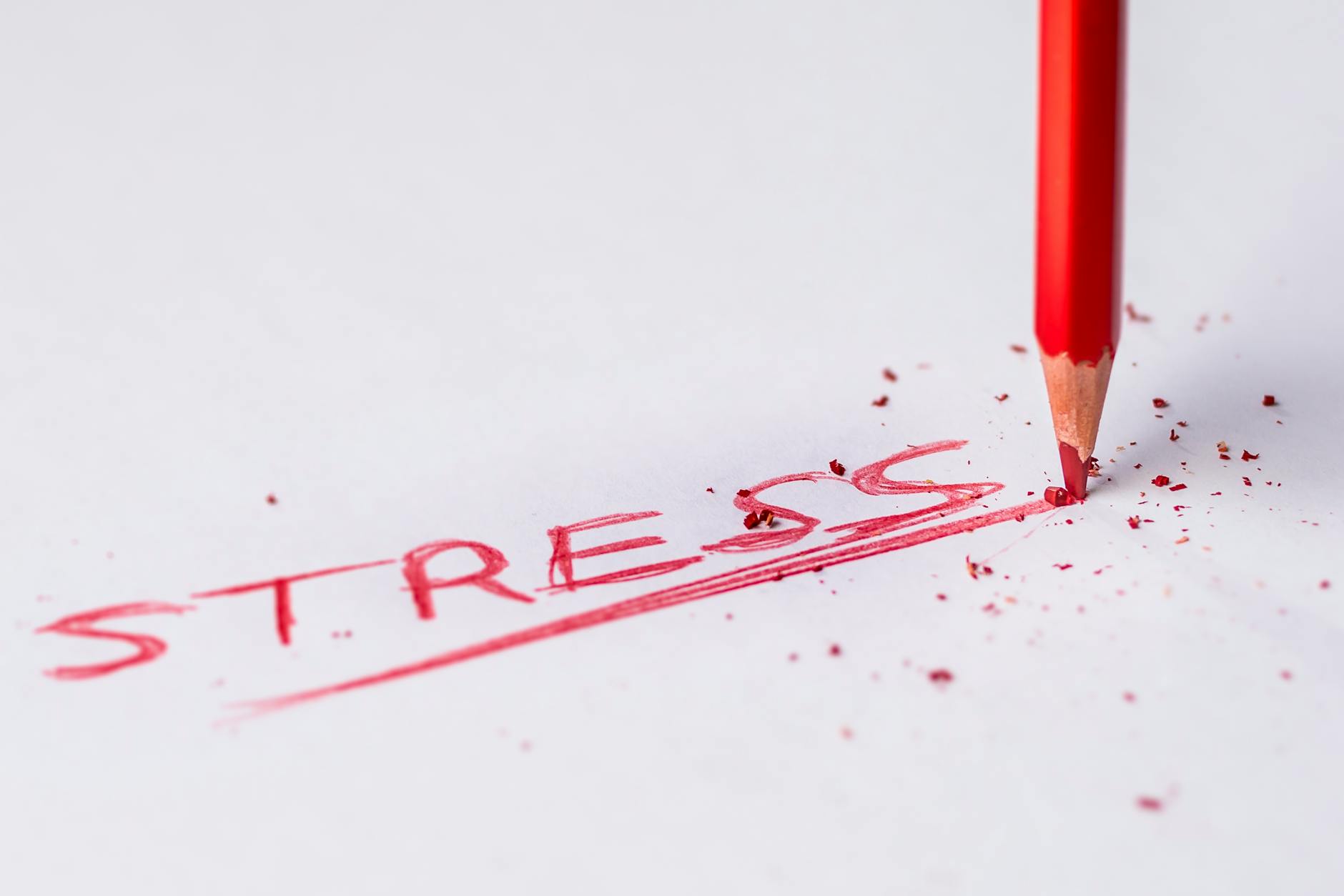Table of Contents
Understanding Mental Health: Common Myths and Facts
Mental health is an essential part of overall well-being, yet it remains shrouded in myths and misconceptions. Understanding mental health requires debunking these myths and acknowledging the facts.
Myth 1: Mental health problems are rare. Fact: Mental health issues are common. According to the World Health Organization (WHO), one in four people will be affected by mental or neurological disorders at some point in their lives.
Myth 2: Mental health issues are a sign of weakness. Fact: Mental health problems are not a reflection of character or strength. They are health conditions that can affect anyone, regardless of their strength or personality.
Myth 3: Therapy is only for people with severe mental illness. Fact: Therapy can benefit anyone experiencing stress, emotional difficulties, or life transitions. It’s a tool for personal growth and well-being.
Myth 4: Mental health problems are permanent. Fact: Many people recover fully from mental health issues, and others learn to manage their symptoms effectively. Treatment and support can lead to significant improvement.
Myth 5: Medication is the only solution for mental health issues. Fact: Medication can be helpful, but it is often most effective when combined with therapy, lifestyle changes, and other treatments.

Importance of Mental Health in Overall Wellness
Mental health is as vital as physical health. It influences how we think, feel, and act, impacting every aspect of our lives. Good mental health enables us to handle stress, relate to others, and make decisions.
- Mental Health and Physical Health: Mental and physical health are interconnected. Poor mental health can lead to physical health problems such as heart disease and chronic pain. Conversely, physical health issues can increase the risk of mental health problems.
- Mental Health and Relationships: Good mental health supports healthy relationships. It helps us communicate effectively, empathize with others, and manage conflicts.
- Mental Health and Productivity: Mental health affects our productivity and performance. Mental health problems can reduce our ability to work, study, or perform daily activities.
- Mental Health and Quality of Life: Overall well-being is deeply tied to mental health. It influences our happiness, satisfaction with life, and ability to enjoy activities.
Strategies for Managing Stress and Anxiety
Stress and anxiety are common experiences, but there are effective strategies to manage them.
- Identify Triggers: Understanding what triggers your stress and anxiety can help you manage them more effectively. Keep a journal to track patterns.
- Practice Relaxation Techniques: Techniques such as deep breathing, progressive muscle relaxation, and visualization can reduce stress and anxiety.
- Exercise Regularly: Physical activity can boost your mood and reduce stress. Aim for at least 30 minutes of moderate exercise most days of the week.
- Connect with Others: Social support is crucial for managing stress. Spend time with friends and family, or join a support group.
- Manage Time Effectively: Poor time management can increase stress. Prioritize tasks, set realistic goals, and take breaks.
- Seek Professional Help: If stress and anxiety are overwhelming, seek help from a mental health professional.

Benefits of Mindfulness and Meditation
Mindfulness and meditation are powerful tools for mental well-being.
- Mindfulness: Mindfulness involves paying attention to the present moment without judgment. It can reduce stress, improve focus, and enhance emotional regulation.
- Meditation: Meditation practices, such as mindfulness meditation, loving-kindness meditation, and body scan meditation, can reduce symptoms of anxiety and depression, improve sleep, and increase overall well-being.
- Brain Changes: Regular meditation can lead to structural changes in the brain, including increased grey matter in areas associated with memory, learning, and emotional regulation.
- Emotional Benefits: Mindfulness and meditation can increase self-awareness, improve emotional resilience, and foster a greater sense of calm and peace.
Tips for Maintaining Mental Well-being
Maintaining mental well-being requires ongoing effort and attention.
- Healthy Lifestyle: A balanced diet, regular exercise, and adequate sleep are foundational for mental health.
- Mindful Practices: Incorporate mindfulness and meditation into your daily routine.
- Social Connections: Maintain strong relationships and seek social support when needed.
- Stress Management: Use effective strategies to manage stress and prevent burnout.
- Professional Support: Don’t hesitate to seek help from mental health professionals when needed.
- Positive Mindset: Cultivate a positive mindset through gratitude practices, positive affirmations, and focusing on strengths.
- Lifelong Learning: Engage in lifelong learning and personal growth activities to keep your mind active and resilient.

Conclusion
Understanding mental health, recognizing its importance, and implementing strategies for managing stress and anxiety are crucial for overall wellness. The benefits of mindfulness and meditation, along with practical tips for maintaining mental well-being, can lead to a healthier, happier life. By debunking myths and embracing the facts, we can create a more supportive and informed approach to mental health.
Top 5 Q&A About “Comprehensive Guide to Mental Health and Wellness: Myths, Importance, Strategies, and Tips”

- Q: What are some common myths about mental health?
A: Common myths about mental health include the belief that mental health issues are rare, that they indicate personal weakness, and that they are permanent. In reality, mental health problems are widespread, not indicative of a person’s character, and can often be effectively managed or treated with proper care. - Q: Why is mental health important for overall wellness?
A: Mental health is crucial for overall wellness because it affects how we think, feel, and act. Good mental health enables us to handle stress, build strong relationships, and make meaningful contributions to our communities. It also plays a key role in our physical health, as mental and physical well-being are deeply interconnected. - Q: What are some effective strategies for managing stress and anxiety?
A: Effective strategies for managing stress and anxiety include identifying triggers, practicing relaxation techniques (such as deep breathing and progressive muscle relaxation), exercising regularly, connecting with others, managing time effectively, and seeking professional help when necessary. - Q: How can mindfulness and meditation benefit mental health?
A: Mindfulness and meditation can significantly benefit mental health by reducing stress, improving focus, enhancing emotional regulation, and fostering a sense of calm. Regular practice can lead to positive changes in the brain, including increased grey matter in areas associated with memory and emotional regulation. - Q: What are some top tips for maintaining mental well-being?
A: Tips for maintaining mental well-being include adopting a healthy lifestyle (balanced diet, regular exercise, and adequate sleep), incorporating mindfulness and meditation into daily routines, maintaining strong social connections, using effective stress management techniques, seeking professional support when needed, cultivating a positive mindset, and engaging in lifelong learning and personal growth activities.




